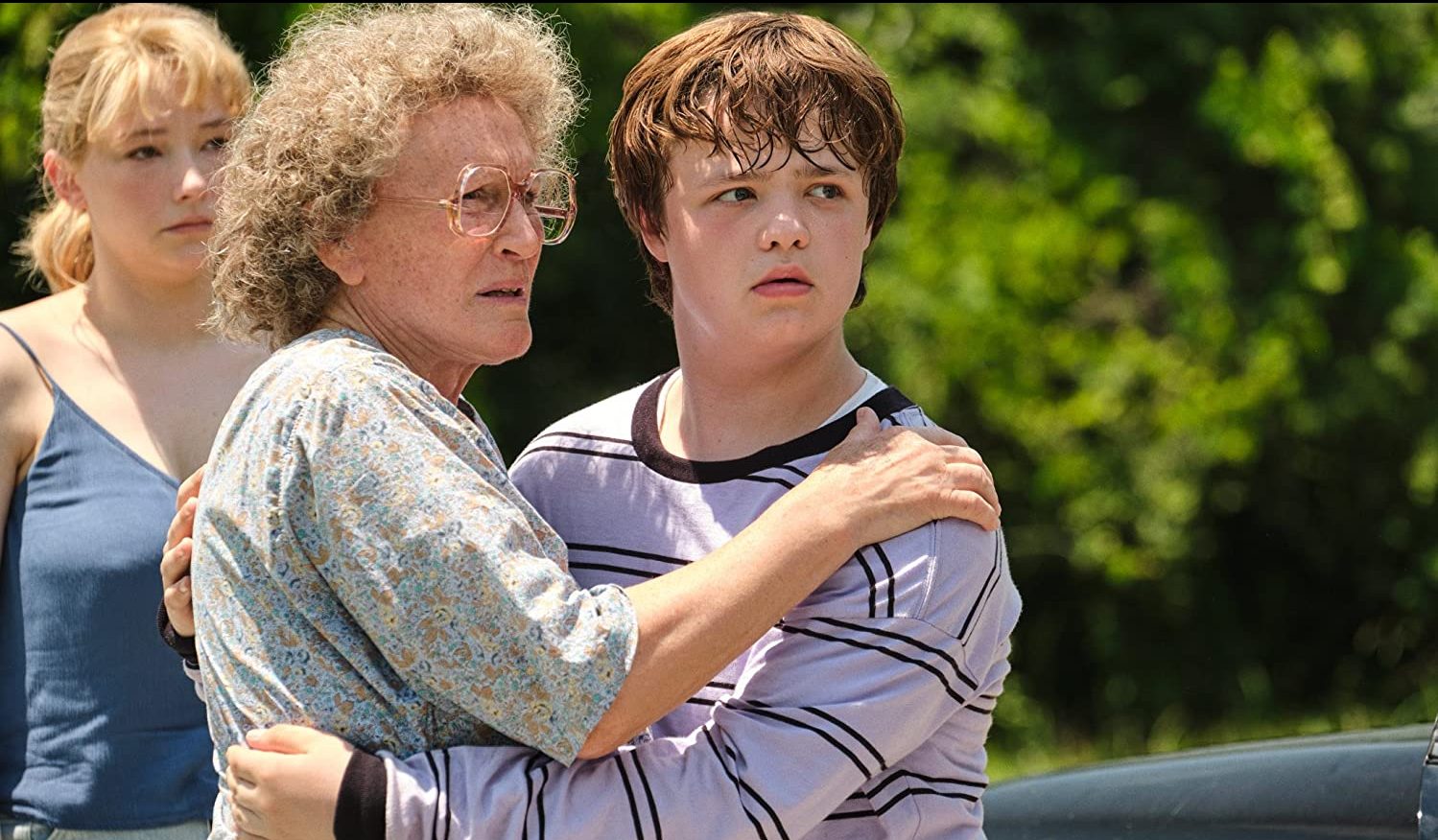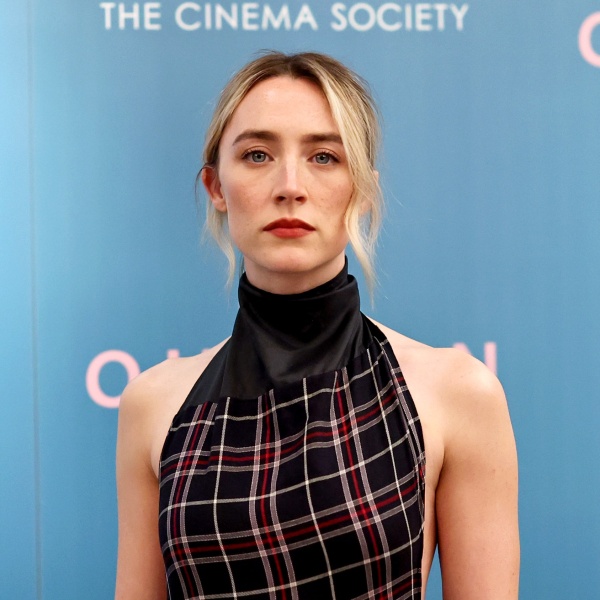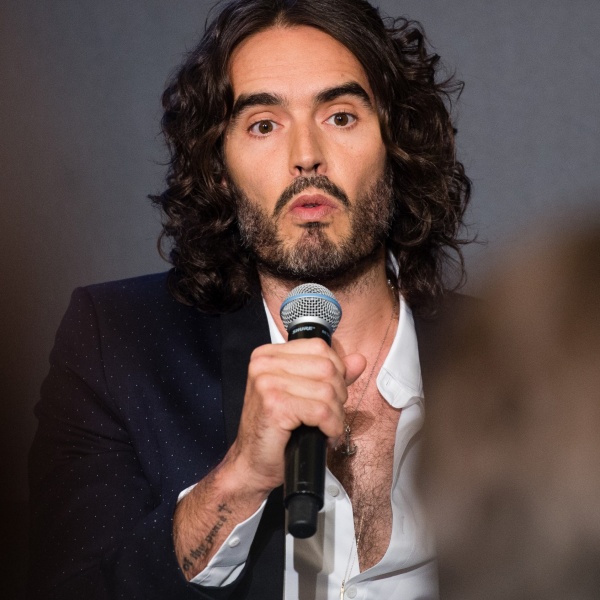Whatever impact Ohio Senator J.D. Vance has on the election as Donald Trump’s vice presidential candidate, Netflix is already seeing a return. “Hillbilly Elegy,” Ron Howard’s 2020 film adaptation of Vance’s best-selling memoir about growing up in Appalachia, was #6 on Netflix’s top 10 most-watched movie chart as of Tuesday, July 16. This comes the day after Trump announced Vance as his pick, and three days after the assassination attempt on the Republican presidential candidate.
It’s rare for an original Netflix feature film to return to its viewing charts after initial release. Higher-profile, awards-oriented titles like “Hillbilly Elegy” (Glenn Close received a supporting actress Oscar nomination, with an additional Makeup and Hairstyling nod) often have brief initial runs, then disappear. (An exception is when the original returns after a sequel.)
“Hillbilly” debuted in November 2020 and spent a day at #1. It remained on the chart for 13 days. (Like nearly all Netflix awards contenders, “Hillbilly” didn’t return after its eventual Oscar nomination.) Although nearly all theaters were closed during this period because of Covid, the film had a token qualifying theatrical release two weeks before it streamed.
The reaction may be organic and not a result of Netflix promotion. As a top 10 title, “Hillbilly Elegy” is now highlighted on the streamer’s movie home page, but the chart reflects viewing on Monday when word of Vance’s selection came after 3 p.m. Eastern time. Most news reports mentioned Vance’s authorship of the 2016 book, but the availability of its movie adaptation on Netflix wasn’t an elevated part of the coverage.

Vance’s selection has brought back memories of an earlier anecdote about his transformation from an anti-Trumper to a MAGA supporter (completed by the time he ran for the Senate in Ohio in 2022). A January 2022 profile of the candidate in The Washington Post quoted Jamil Jivani (now a member of the Canadian House of Commons), his best friend from Yale Law School, about the movie’s critical reception anchoring Vance’s political pivot. According to Jivani, bad reviews for the movie (a poor 38 consensus score at Metacritic) were key to his disenchantment with elites.
However, Vance’s book won wide praise. Film critics across the board made a distinction between Vance’s work and the movie. And the evidence is hardly convincing that poor reviews for the film came from any liberal bias. The film’s negative reviews included the usually conservative-slanted Murdoch-run New York Post. Johnny Oleksinki wrote: “The book is a fascinating, insightful, touching window into a unique community with immense struggles. On-screen, it’s exploitative.” That paralleled consensus reaction to the movie.






